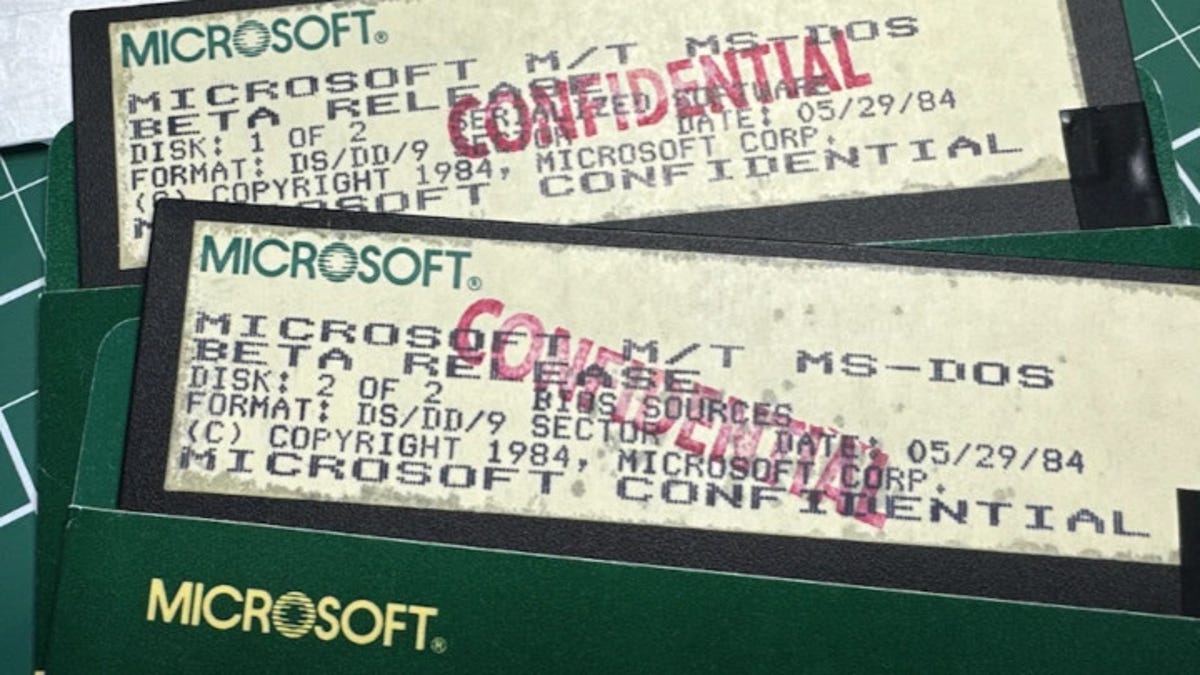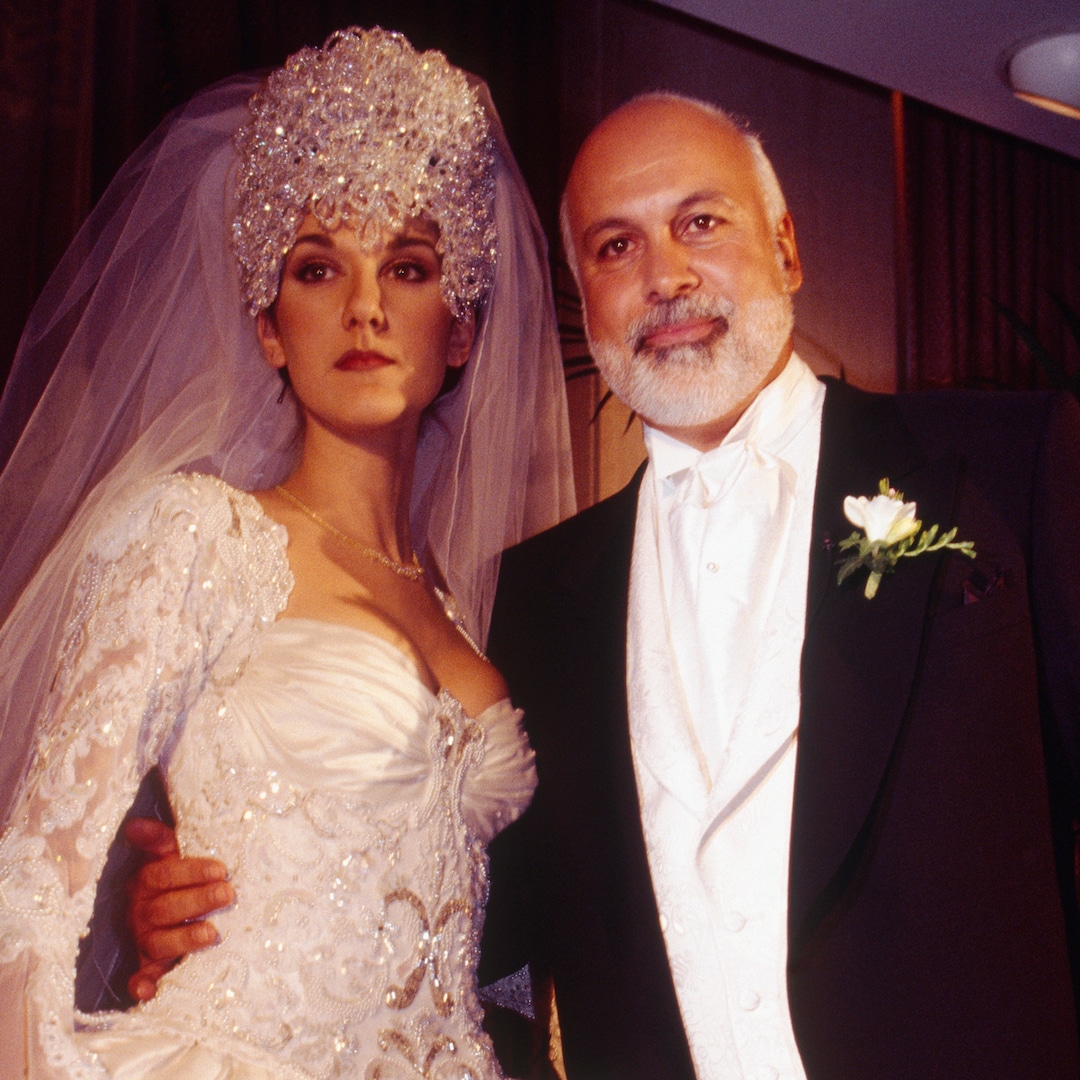“How many tennis balls can fit in a passenger plane?” Neeraj, a young economics graduate from the premier Indian Institute
LATEST NEWS
TECHNOLOGY

How Rubrik’s IPO paid off big for Greylock VC Asheem Chandna
When Asheem Chandna drove up to Rubrik’s office in Palo Alto on a Friday night in early 2015, he was

It’s baaack! Microsoft and IBM open source MS-DOS 4.0
Microsoft It’s no joke. Microsoft and IBM have joined forces to open-source the 1988 operating system MS-DOS 4.0 under the

Photo-sharing community EyeEm will license users photos to train AI if they don’t delete them
EyeEm, the Berlin-based photo-sharing community that exited last year to Spanish company Freepik, after going bankrupt, is now licensing its

I tested a portable fog machine and it’s way more fun (and useful!) than I expected
Adrian Kingsley-Hughes/ZDNET ZDNET’s key takeaways Lensgo Smoke B portable fog machine is currently $20 off on Amazon, bringing the price

Overwhelmed? 6 ways to stop small stresses at work from becoming big problems
akinbostanci/Getty Images Modern professionals have busy workloads and juggling all these demands is tough, especially when unexpected challenges appear on
World

Jobless engineers, MBAs: The hidden army of Indian election ‘consultants’ | India Election 2024
“How many tennis balls can fit in a passenger plane?” Neeraj, a young economics graduate from the premier Indian Institute













